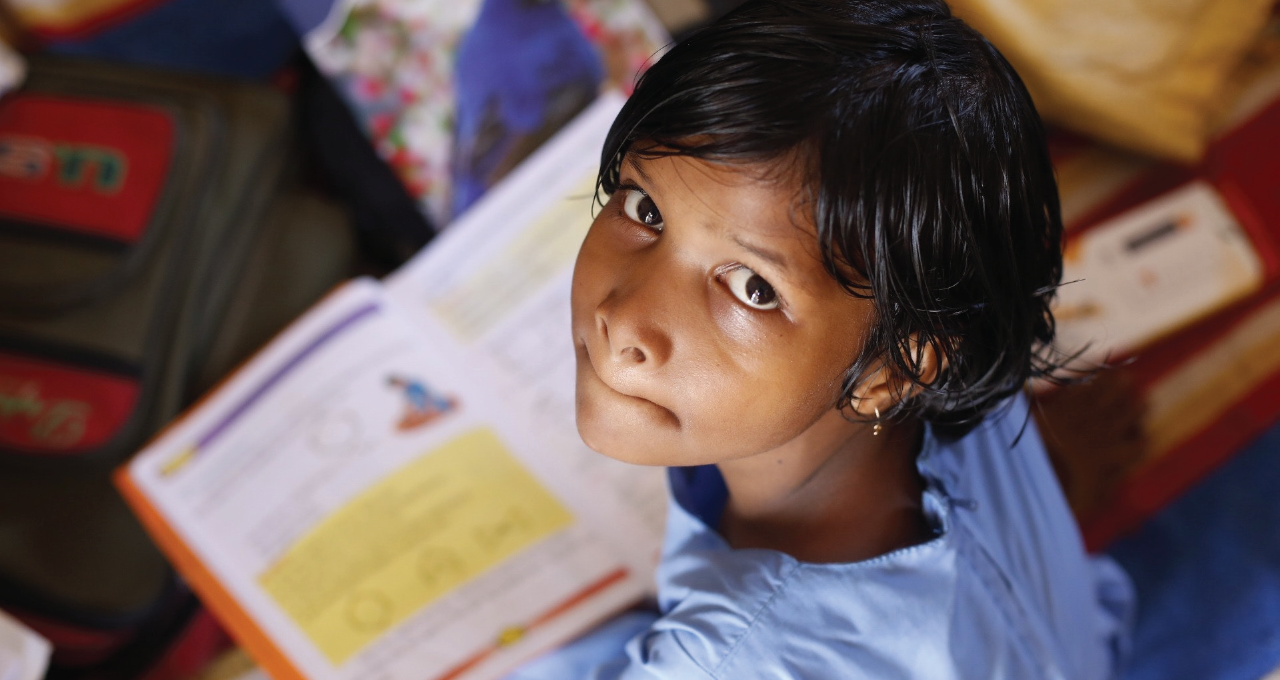Six research projects were chosen for the first “Southern Voice on the State of the Sustainable Development Goals” (SVSS)report. Today…
India has a severe economic problem: its female labour force participation is declining. To stop this, the country must shift its social expectations of women. New policies are not enough. Sustainable solutions for the world’s fastest-growing economy are not viable without a shift in mindset regarding the role of half of its population.
India’s declining female labour force participation is a fact that cannot be ignored any longer. The most obvious reasons are that women are not provided opportunities, nor the right environment to be a part of the workforce. While these are essential factors, they are just the tip of the iceberg. Primary data from the Public Affairs Centre’s (PAC) study on the causes of this decline show that social norms and attitudes are the biggest obstacles for women wishing to enter the workforce.
Before facing the challenges of unequal pay and discrimination at the workplace, women are unable to decide independently to pursue work. Nearly 72% of more than 2500 women surveyed for Southern Voice’s “State of the SDGs” India Country Case Study agreed to this statement.
“Hiding” women
While women in Mandi were open to sharing their experiences on working and family support, in Saharanpur, the research team did not even see women around the city! Saharanpur has the lowest participation of women which is why women are not visible. The only women seen were those the team interviewed in the confines of their homes. The situation was marginally better in Coimbatore. Women from this region noted that while the idea that boys get a job and have a career was normal, this was not the same for girls. Radha, a woman in the housekeeping staff of a hotel in Coimbatore, said, “As children, girls are never told that they need to get a job and be independent. That’s only for boys”. Our data support this claim: More than two-thirds (68%) of the women interviewed admitted that family approval was vital in pursuing education. Not all families encourage the education of their daughters, which can lead to financial independence. An unexpected finding, however, was that some interviewees in Coimbatore said that education became a tool for securing good marriage prospects. Several of them had never had a job. But they had Bachelor and even Master degrees. It shows that encouraging education without changing attitudes and perceptions about women actually pursuing work is hurting the economy. It is at the core of the problem of low female labour force participation.
So where does this obstacle stem from? Only one-third of women interviewed were told when they were young, that they should get jobs when they grow up. Radha also revealed that the choice to work and have a professional life is not viewed as the norm. “Talk as much as you want about the progress of the country. But even today the attitude of society is that women are caregivers who must manage the home. My family allows me to work because we are struggling to sustain, not because they want me to be independent.” When a family’s income rises, women are discouraged from working. This is because society sees women’s work as supporting the family, not herself. Such attitudes are the root cause of the issue. Family dynamics are a key structural barrier to a woman’s decision to seek work. Before being able to think about their own safety, social security and proper working conditions, women must be able to navigate household and societal barriers.
Changing the game
New policies that provide better opportunities and an improved work environment for women are vital. But they must be complemented with changing perceptions about women in the workforce. Only then can women fully begin to harness the potential of various labour and skill development initiatives, like the Pradhan Mantri Kaushal Vikas Yojana (PMKVY) scheme by the Indian Government.
Some Indian women are already taking steps to make their future easier. Their determination to ensure that their daughters harness the plethora of opportunities available to them is a sure sign of change. “Looking back, I know how many opportunities I lost because my family never encouraged me to have a career. I realise that for my daughter to be independent, attitudes need to change. Housework and caregiving can become shared responsibilities. Let us start from there”, Radha suggested.
There is a long and challenging way to go. Unlearning patriarchal notions is key to ensuring that women have access to sustainable and decent jobs. This needs to start at home. Awareness must be created about the need and benefits of women joining the workforce. Parents must be encouraged to send girls to school, allow them to pursue their careers and make them independent. The government too can take an active role in reversing gender stereotypes. This can be done through awareness programmes and gender sensitisation at schools, offices and community spaces. Without acknowledging society’s norms, we are falling into a vicious cycle that is leaving women behind.
About the Project:
Southern Voice’s “State of the Sustainable Development Goals” (SVSS) initiative provides evidence-based analysis and recommendations to improve the delivery of the SDGs. It wants to revitalise the global partnership for sustainable development. One of the main outputs of the SVSS initiative explores the national and global causes of exclusion concerning access to energy (SDG 7), to quality education (SDG 4), and to decent and productive work (SDG 8).
Text editor: Gabriela Keseberg Dávalos


